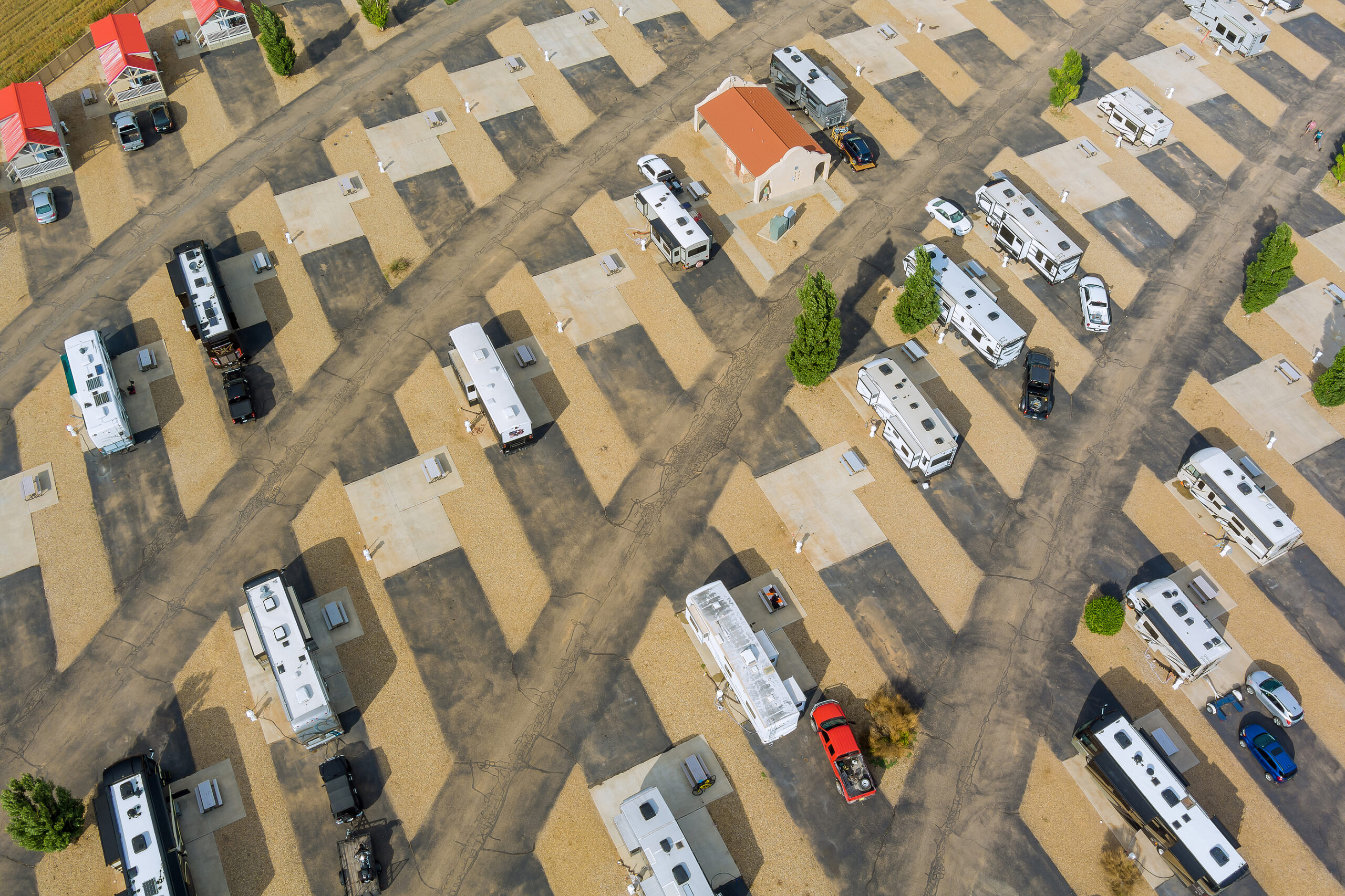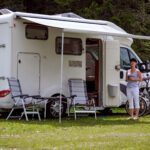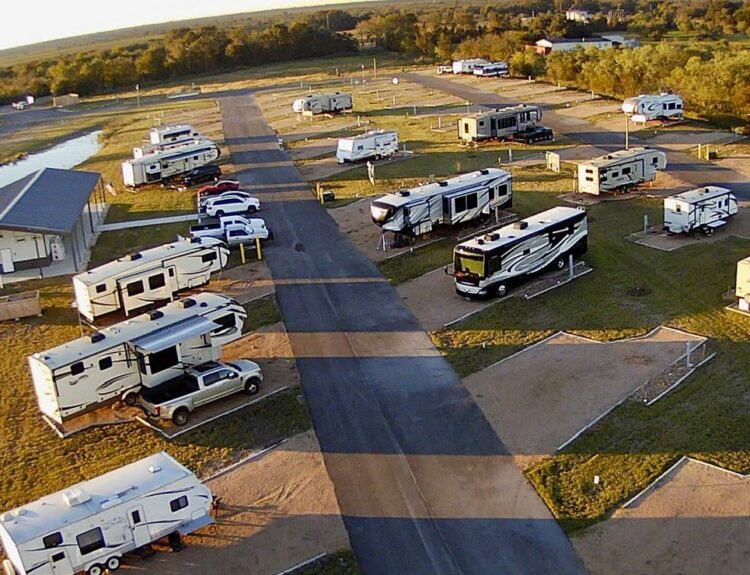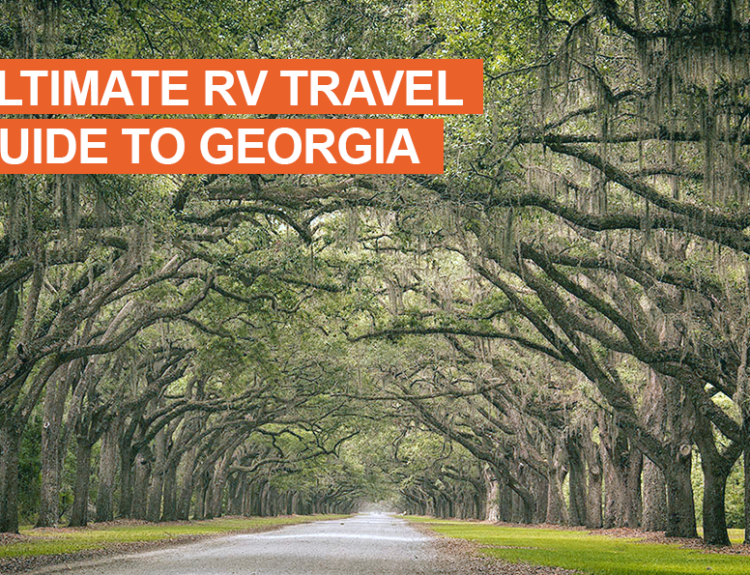The trend of long-term campground rentals is experiencing significant growth as more people seek extended stays in nature, offering a blend of adventure and comfort. However, with this growth comes the need for campground owners to understand and comply with a variety of legal regulations.
Ensuring legal compliance is crucial for avoiding fines, legal battles, and maintaining a safe and enjoyable environment for guests. This comprehensive guide will help you navigate the intricate legal landscape of long-term campground rentals.
Understanding Local, State, and Federal Regulations
Local Regulations
Local regulations vary significantly depending on the municipality or county in which your campground operates.
Zoning laws are one of the most critical aspects to consider, as they dictate where you can legally operate a campground. You’ll need to check with your local zoning office to ensure your property is zoned for commercial use or can be rezoned appropriately.
- Zoning laws and permits: Zoning laws regulate land use in specific areas, determining what types of businesses can operate there. For campgrounds, this often means ensuring the land is zoned for commercial or recreational use. If the land is not appropriately zoned, you may need to apply for a zoning variance or special use permit.
- Health and safety codes: Local health and safety codes govern everything from the construction and maintenance of facilities to the cleanliness and sanitation of the campground. These codes ensure that campgrounds are safe and healthy places for guests.
Local regulations can be complex and detailed, requiring a thorough understanding and ongoing compliance. It is advisable to work closely with local authorities and possibly hire a local attorney who specializes in zoning and land use to navigate these regulations effectively.
State Regulations
State regulations can be more encompassing and differ widely across the United States. Understanding your state’s specific campground regulations is vital for ensuring compliance and avoiding potential legal issues.
- State-specific campground regulations: Each state has its own set of regulations that govern the operation of campgrounds. These can include requirements for the number of restrooms and showers, specifications for electrical and water hookups, and standards for the construction and maintenance of campsites.
- Environmental laws: Many states have stringent environmental regulations designed to protect natural resources. These can include restrictions on water use, waste management protocols, and requirements for protecting local wildlife and habitats. Adhering to these regulations is not only a legal requirement but also helps in maintaining the natural beauty and ecological health of your campground.
Using state-specific resources, such as your state’s official website or contacting state regulatory agencies, can provide detailed information and guidance on complying with these regulations. Additionally, joining state campground associations can offer valuable support and resources.
Federal Regulations
Federal regulations ensure broad compliance across all states, focusing on safety and accessibility, which are crucial for the operation of long-term campgrounds.
- ADA compliance: The Americans with Disabilities Act (ADA) mandates that campgrounds must be accessible to people with disabilities. This includes providing accessible parking, pathways, restrooms, and campsites. Ensuring ADA compliance not only meets legal requirements but also broadens your potential customer base by making your campground more inclusive.
- Fair Housing Act implications: If you offer long-term rentals, you may fall under the jurisdiction of the Fair Housing Act. This federal law protects tenants from discrimination based on race, color, national origin, religion, sex, familial status, or disability. Compliance with the Fair Housing Act involves ensuring that your rental policies and practices do not discriminate against any protected class.
These regulations are designed to create a baseline standard for safety and accessibility across all states. It is essential to stay informed about these regulations and incorporate them into your campground’s operational policies.
Licensing and Permits
Types of Licenses Needed
Operating a long-term campground rental business requires various licenses and permits. Understanding and obtaining these licenses is a critical step in ensuring legal compliance and smooth operation.
- Business licenses: Most states and localities require campgrounds to have a general business license. This license authorizes you to operate your business within a specific jurisdiction and is usually obtained from your local city or county government.
- Special use permits: Depending on the activities you offer and the specific regulations of your area, you may need special use permits. These permits could include those for operating a campground, handling food services, offering recreational activities, or hosting large events.
Application Process
Applying for licenses and permits can be a complex and time-consuming process. Here are the general steps involved:
- Research: Identify all necessary licenses and permits required for your specific location and the activities you plan to offer. This step is crucial as requirements can vary significantly by state and locality.
- Prepare documents: Gather all required documentation, such as site plans, health department clearances, environmental impact assessments, and proof of insurance. Having all necessary documents ready will streamline the application process.
- Submit applications: Apply through the appropriate local or state agencies. This may involve multiple departments, such as zoning, health, and environmental protection agencies.
- Follow up: Track the status of your applications and address any additional requirements or questions promptly. Be prepared for potential inspections and additional documentation requests.
Common challenges during the application process include navigating bureaucratic red tape and ensuring all your paperwork is in order. Patience and persistence are key. Working with professionals, such as attorneys or consultants who specialize in campground operations, can also be beneficial.
Health and Safety Standards

Sanitation and Waste Management
Proper sanitation and waste management are non-negotiable for long-term campground rentals. Ensuring that your campground is clean and safe is not only a legal requirement but also essential for providing a positive experience for your guests.
- Proper disposal methods: Ensure you have adequate facilities for waste disposal, such as dumpsters and recycling bins. Regularly scheduled waste collection is essential to prevent overflow and maintain a clean environment. Consider implementing eco-friendly waste management practices, such as composting and recycling programs, to minimize your environmental impact.
- Ensuring clean water supply: Providing a reliable and safe water supply for drinking, cooking, and sanitation is crucial. This might include regular testing for contaminants and maintaining water treatment systems. Compliance with local and state health regulations regarding water quality is mandatory.
Fire Safety Regulations
Fire safety is paramount, especially in areas prone to wildfires. Implementing comprehensive fire safety measures can prevent accidents and protect both your guests and property.
- Fire extinguishers and emergency plans: Equip your campground with fire extinguishers in easily accessible locations and ensure that all staff are trained on how to use them. Develop clear emergency evacuation plans and conduct regular drills to ensure everyone knows what to do in case of a fire.
- Campfire safety rules: Implement and enforce strict rules regarding campfire usage, including designated fire pits, fire bans during high-risk periods, and providing water sources for extinguishing fires. Educate guests on campfire safety and monitor compliance.
General Safety Protocols
General safety protocols help prevent accidents and ensure a secure environment for guests and staff.
- Lighting and signage: Ensure pathways, restrooms, and common areas are well-lit to enhance visibility and safety. Clear signage for exits, emergency contacts, and campground rules help guide guests and prevent accidents.
- Regular inspections and maintenance: Conduct regular inspections of the property, including electrical systems, water lines, and structures, to identify and fix potential hazards. Routine maintenance helps prevent accidents and ensures that facilities are in good working order.
Environmental Compliance
Protecting Natural Resources
Campgrounds often operate in sensitive environmental areas, making compliance with environmental laws crucial. Protecting natural resources is both a legal requirement and an ethical responsibility.
- Waste management strategies: Implement eco-friendly waste management strategies, such as composting toilets and recycling programs. Properly manage and dispose of waste to minimize environmental impact and comply with regulations.
- Erosion control: Use techniques like planting vegetation, building terraces, and installing erosion control blankets to prevent soil erosion and protect water quality. These measures help maintain the natural beauty and ecological health of your campground.
Wildlife Protection
Respecting and protecting wildlife is both a legal requirement and an ethical responsibility. Ensuring that your campground coexists harmoniously with local wildlife can enhance the natural experience for guests.
- Regulations on feeding and interacting with wildlife: Enforce rules that prohibit feeding wildlife to prevent dependency and potential harm. Educate guests on the importance of not disturbing wildlife and maintaining a safe distance.
- Habitat preservation: Implement measures to protect local habitats, such as setting up buffer zones around sensitive areas and providing information to guests about the importance of preserving wildlife habitats.
Long-Term Tenant Regulations
Lease Agreements
Clear and comprehensive lease agreements are vital for long-term rentals. These agreements protect both the campground owner and the tenant by clearly outlining the terms and conditions of the rental arrangement.
- Essential clauses to include: Include clauses that cover rental terms, payment schedules, maintenance responsibilities, and rules regarding noise, pets, and guests. Clearly define the duration of the lease, rent amount, due dates, and late fees.
- Tenant rights and responsibilities: Clearly outline the rights and responsibilities of both tenants and the campground management to prevent disputes. This includes maintenance of the rental unit, adherence to campground rules, and procedures for resolving conflicts.
Tax Implications and Financial Reporting
Understanding Tax Obligations
Tax compliance is crucial for avoiding penalties and maintaining financial health. As a campground owner, you are subject to various tax obligations at the local, state, and federal levels.
- Sales tax on rental fees: Depending on your location, you may need to collect sales tax on rental fees. Check with your local tax authority to understand the specific requirements.
- Property taxes: Owning a campground typically involves paying property taxes. These taxes are based on the assessed value of your property and can vary significantly by location. Be sure to budget for these expenses and understand the assessment process.
Financial Reporting Requirements
Maintaining accurate financial records is essential for tax compliance and overall business health. Proper financial reporting helps you track income and expenses, prepare for audits, and make informed business decisions.
- Record-keeping best practices: Keep detailed records of all financial transactions, including income from rentals, expenses, and tax payments. Use accounting software to organize and track your finances.
- Preparing for audits: Ensure that your financial records are accurate and up to date to prepare for potential audits. Maintain all supporting documentation, such as receipts, invoices, and tax filings, to support your financial statements.
- Accurate booking records: Keeping precise booking records is crucial for both operational efficiency and compliance. Utilizing booking platforms can significantly aid in this process by automating bookings, tracking occupancy rates, and generating financial reports.
This not only simplifies record-keeping but also provides a clear, real-time view of your campground’s financial health. Software solutions can reduce errors, save time, and ensure that all bookings and payments are accurately documented.
RoverPass campground reservation software was designed to be the ultimate solution for reservation management in the industry. It enables campgrounds to handle bookings more effectively, accept payments more quickly, communicate better with your guests, and increase revenue per site.
A significant advantage of RoverPass is its integration with QuickBooks. This way, RV parks can combine enhanced reservation management with seamless financial management, which involves a variety of capabilities from tracking expenses and managing budgets to generating detailed financial reports.
Risk Management and Liability
Insurance Requirements
Having the right insurance coverage is essential for protecting your campground from potential risks and liabilities. Different types of insurance policies can cover various aspects of your business.
- General liability insurance covers accidents and injuries that occur on your property.
- Property insurance protects your physical assets, such as buildings and equipment.
- Workers’ compensation insurance is required if you have employees and covers work-related injuries.
Liability Issues
Managing liability risks is crucial for protecting your campground from potential lawsuits. Implementing comprehensive risk management strategies can help minimize these risks.
- Common liability risks: Common risks include slips and falls, fires, and property damage. Identifying and addressing these risks proactively can help prevent accidents and legal issues.
- Steps to mitigate potential lawsuits: Implement safety protocols, maintain your property regularly, and provide clear signage and instructions for guests. Having a well-drafted liability waiver can also provide some protection, although it does not eliminate the need for comprehensive insurance coverage.
Staying Informed and Updated
Continuing Education
Staying informed and updated on the latest regulations, industry trends, and best practices is essential for maintaining compliance and running a successful campground.
- Relevant courses and certifications: Consider taking courses and obtaining certifications relevant to campground management. Organizations like the National Association of RV Parks and Campgrounds (ARVC) offer valuable training and resources.
- Industry conferences and seminars: Attend industry conferences and seminars to network with other campground owners, learn from experts, and stay updated on the latest trends and regulations.
Monitoring Legal Changes
Regulations and laws can change frequently, making it essential to stay informed about any updates that may impact your campground operations.
- Staying current with new regulations: Subscribe to industry newsletters and updates from relevant regulatory agencies to stay informed about changes in laws and regulations.
- Utilizing professional services: Consider working with legal professionals who specialize in campground regulations to ensure that you remain compliant and can quickly adapt to any changes.
Frequently Asked Questions
What are the main local regulations I need to consider for my campground?
Local regulations include zoning laws, health and safety codes, and permits. Zoning laws determine if your property is suitable for commercial use. Health and safety codes ensure cleanliness and safety, and permits may be required for specific activities or constructions. Check with your local zoning office for detailed requirements.
What licenses are required to operate a long-term campground rental?
Typically, you’ll need a general business license and possibly special use permits for activities like food service or large events. The specific licenses depend on your location and the services you offer. It’s important to research and obtain all necessary licenses to operate legally.
How can I ensure my campground meets health and safety standards?
Ensure proper sanitation with adequate waste disposal and clean water supply. Implement fire safety measures such as fire extinguishers and emergency plans, and enforce campfire rules. Regular inspections and maintenance, along with proper lighting and signage, also help maintain health and safety standards.
What environmental compliance issues should I be aware of?
Environmental compliance includes waste management, erosion control, and wildlife protection. Implement eco-friendly waste practices, prevent soil erosion with vegetation and terraces, and enforce rules against feeding wildlife. Preserving natural habitats and following local environmental laws are crucial for compliance.
How important is keeping accurate booking records?
Accurate booking records are crucial for operational efficiency and compliance. They help track occupancy rates, generate financial reports, and ensure all bookings and payments are documented. Using campground management software can automate this process, reducing errors and saving time while providing a clear financial overview.
For more insights and expert advice on managing your campground, keep reading our blog.






